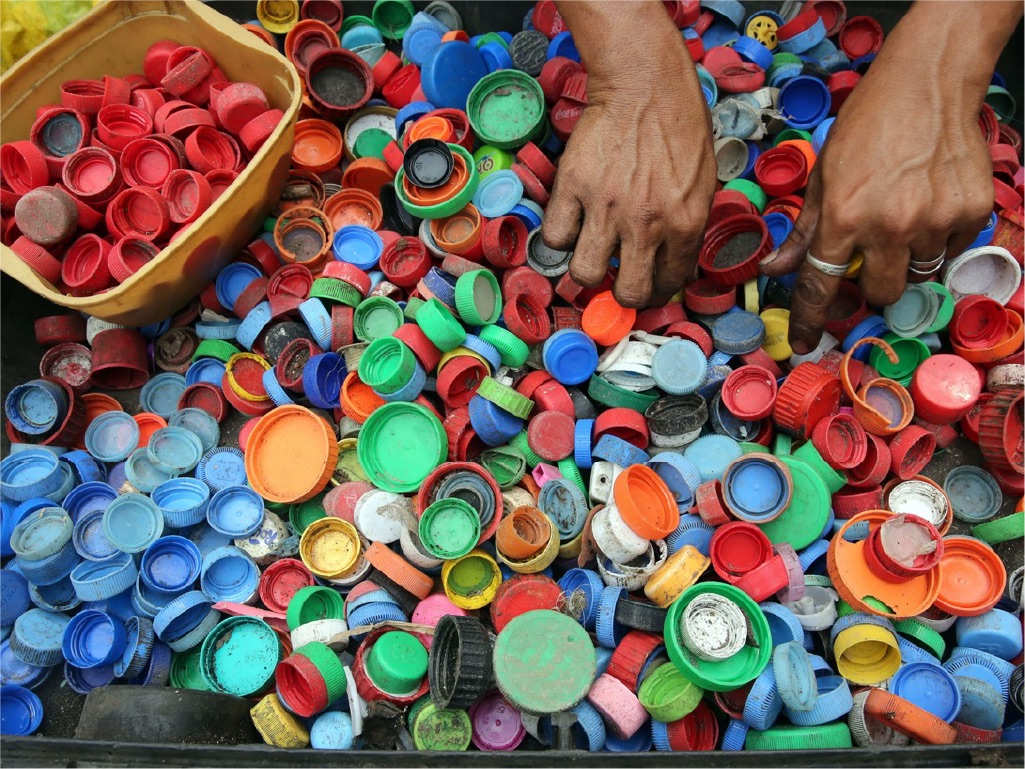Profitability of the recycling industry

Recycling is a lucrative venture, whether on a large or small scale.
On a global scale, one-quarter of the recycling industry is dominated by recycling industries in the US; and the industry as a whole is worth about 410 billion dollars. But before we delve into the industry’s profitability, let’s look at some of the associated problems.
Problems of the Recycling Market
It is often debated that the recycling industry is motivated by profit-making instead of love for the environment. Another common debate is that recycling is less profitable than one would think. Like every other industry, recycling as a business venture has its pros and cons.
Some of the threats to the recycling industry include the following:
- Contamination of recycling streams: This results from dirty and debris-filled recyclate, mix-ups of labels on recycling bins and improper knowledge of what can be recycled. Regardless, technological tools can be employed to remove this debris, but they come at a cost. Additionally, disposing of waste that cannot be recycled accrue further expenses.
- Sorting and Cleaning: Getting quality plastics to be processed requires thorough sorting and cleaning of recyclates- especially those containing debris is fast becoming mundane and, as such, affects the profitability of the recycling business.
- Safety hazards: Personnel working in recycling industries are exposed to several safety challenges like exposure to chemicals, the potential explosion of combustibles, machine and equipment hazards. If safety measures are not adequately taught and enforced, injuries can occur, affecting profitability.
How to Make Recycling More Profitable
After highlighting the problems facing the profitability of the recycling industry, knowing the proper problem-solving processes is key to causing an improvement.
The following are ways to make recycling more profitable:
- Automated Processes: The world is advancing, and with the advent of automated technology, there are new ways to handle manual processes technologically. Automated recycling processes would yield a faster, more durable, cost-effective and more efficient result, as sorting and cleaning would be done faster regardless of the processing stream.
- Quality and Quantity: When recycling plastic waste, quality and quantity matter in determining profitability. The amount of plastics collected to be recycled is directly proportional to the high-quality end product. Hence, quality materials with a good composition of great quantity play a considerable role.
- Proper Labelling of Recycle Bins and Sensitization of Citizens: Recycle bins should be labelled properly to avoid contamination and mixed-up materials collected for recycling. Citizens should also be sensitized on the need for appropriate disposal of wastes, especially in cases where waste materials each recycle bin is supposed to contain are indicated.
- Improved Safety Measures: Curbing safety hazards, as earlier mentioned, can begin with increasing safety levels and ensuring safety compliance by conducting audits and extensive safety training for personnel and staff.
- Energy Conservation: Recycling plants run equipment and carry out processes on energy. This can shoot up the cost of processing and prevent profit from being realized. Conserving energy by reducing or scheduling the amount required to power equipment.
Wrapping It Up
In the end, the profitability of recycling industries is a communal effort and not just a one-business tweak. The wealth of industry will be evident and substantial if the government and citizens work together to dispose of waste properly and ensure the end product of the recycling process is optimum.